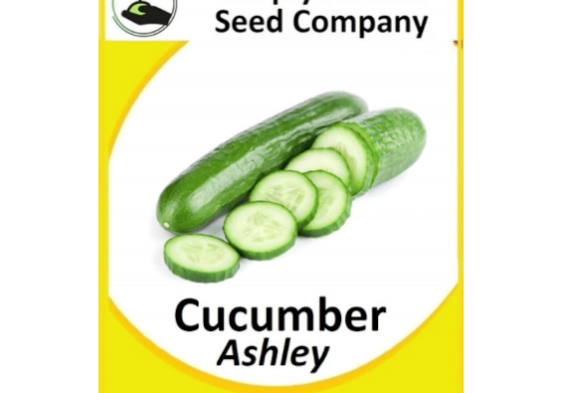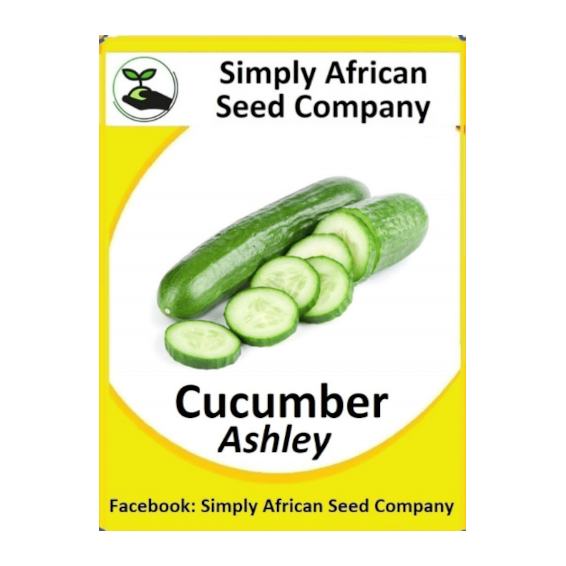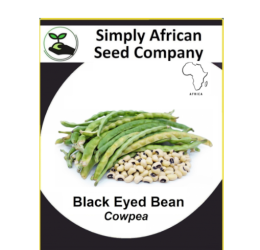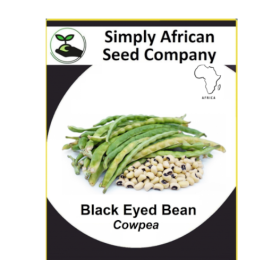An easy-care vegetable that loves sun and water, cucumbers grow quickly as long as they receive consistent watering and warmth. Most varieties will grow in any amount of space, thanks to the plant’s ability to climb. Of course, these prolific veggies are perfect for pickling!
Cucumber plants should be seeded or transplanted outside in the ground no earlier than 2 weeks after the last frost date. Cucumbers are extremely susceptible to frost and cold damage; the soil must be at least 20 degrees for germination. Do not plant outside too soon!
To get a head start, sow cucumber seeds indoors about 3 weeks before you transplant them in the ground. They like bottom heat of about 20ºC. If you don’t have a heat mat, put the seeds flat on top of the refrigerator or perch a few on top of the water heater. CHOOSING AND PREPARING A PLANTING SITE Select a site with full sun. Cucumbers need warmth and lots of light. Cucumbers require fertile soil.
Mix in compost and/or aged manure before planting. Make sure that soil is moist and well-drained, not soggy, and compacted. Soil should be neutral or slightly alkaline with a pH of around 7.0. Improve clay soil by adding organic matter. Improve dense, heavy soil by adding peat, compost, or rotted manure. Light, sandy soils are preferred as they warm quickly in the spring.
HOW TO PLANT CUCUMBERS Plant seeds 20 to 30mm deep and about 1m apart in a row, depending on the variety. Cucumbers can also be planted in mounds (or “hills”) that are spaced 30 to 60cm apart, with 2 to 3 seeds planted in each mound. Once plants reach 100mm in height, thin them to one plant per mound. If you live in cooler climates, you can help warm the soil by covering the hill or row with black plastic. After planting, mulch around the area with straw, chopped leaves, or another organic mulch to keep pests at bay, and also keep bush types off the ground to avoid disease. A trellis is a good idea if you want the vine to climb, or if you have limited space. Trellising also protects the fruit from damage from lying on the moist ground. Cover freshly planted cucumber seeds with netting or a berry basket if you have pests; this will keep them from digging out the seeds. The main care requirement for cucumbers is water—consistent watering!
They need at least 30mm of water per week (or more, if temperatures are sky-high). Put your finger in the soil and when it is dry past the first joint of your finger, it is time to water. Inconsistent watering leads to bitter-tasting fruit. Water slowly in the morning or early afternoon, avoiding the leaves so that you don’t encourage leaf diseases that can ruin the plant. If possible, water your cucumbers with a soaker hose or drip irrigation to keep the foliage dry. Mulch to hold in soil moisture.
When seedlings emerge, begin to water frequently, and increase to a 5l per week after fruit forms. If you’ve worked organic matter into the soil before planting, you may only need to side-dress your plants with compost or well-rotted manure. If you wish, use a liquid fertilizer from your garden store such as vegetable plant food which is low nitrogen/high potassium and phosphorus formula. Apply at planting, 1 week after bloom, and every 3 weeks, directly to the soil around the plants. Or, you can work a granular fertilizer into the soil. Do not over-fertilize or the fruits will get stunted. Spray vines with sugar water to attract bees and set more fruit.




